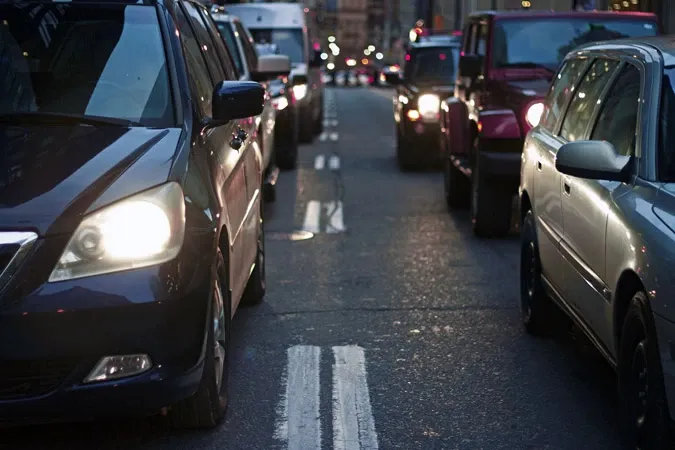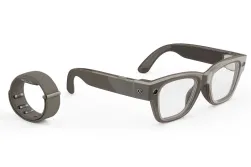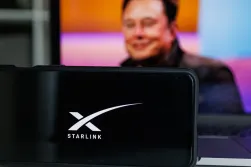Fifteen judges at the European Union’s top court are trying to decide, once and for all, whether Uber is an app or a transport company, according to Bloomberg. The question has long vexed regulators and lawmakers across the region. Defeat for Uber, which sees itself as an app, would expose the company to stricter licensing rules, additional operative costs and the risk of a reduced availability of drivers. The case has been closely watched as it could set the rules of the road for others with similar business models.
Uber’s activities “cannot be reduced to a mere transport activity,“ Cani Fernandez, a lawyer for the U.S. company, told the highest panel of judges at the EU Court of Justice in Luxembourg. The car-hailing application accessed via smartphones and tablets has faced roadblocks, real and regulatory, across Europe, amid complaints brought by taxi drivers who say the company tries to unfairly avoid regulations that bind established competitors.
“Clearly, the EU court’s decision will have a great impact,“ said Georgios Petropoulos, a research fellow at the Brussels-based policy group Bruegel. “We are talking about one of the most popular platforms of the collaborative economy.“ Uber insists that it should remain exempt from the obligations normal transportation operators face under EU rules. While a final ruling by the EU court in Luxembourg could still be months away, the decision will be binding and could affect national disputes the company is facing in Europe.
Advocate General Maciej Szpunar of the EU court said he will publish his non-binding opinion in the case on April 6. The court’s ruling would follow in late 2017. “Electronic inter-mediation is a service in itself and it’s separate from the final service for which the user and the provider are being connected,“ Fernandez told the court. This counts “for transport or the home delivery of food, or any other type of service imaginable which can be provided by means of an Uber platform.“
The company’s local executives were hauled to court in Paris over UberPop, its most controversial service, which lets unlicensed drivers use their own car to pick up riders for low fees. Legal challenges have forced the company to halt UberPop in several European nations, including France, the Netherlands and Sweden. UberPop is also at the center of a dispute in Barcelona, Spain, where a court decided last year to seek the EU judges’ guidance. But some EU nations, like France and Hungary, adopted rules which clarify that Uber’s activities are separate from the provision of transport, using the term intermediary in France and an independent booking center in Hungary.



















